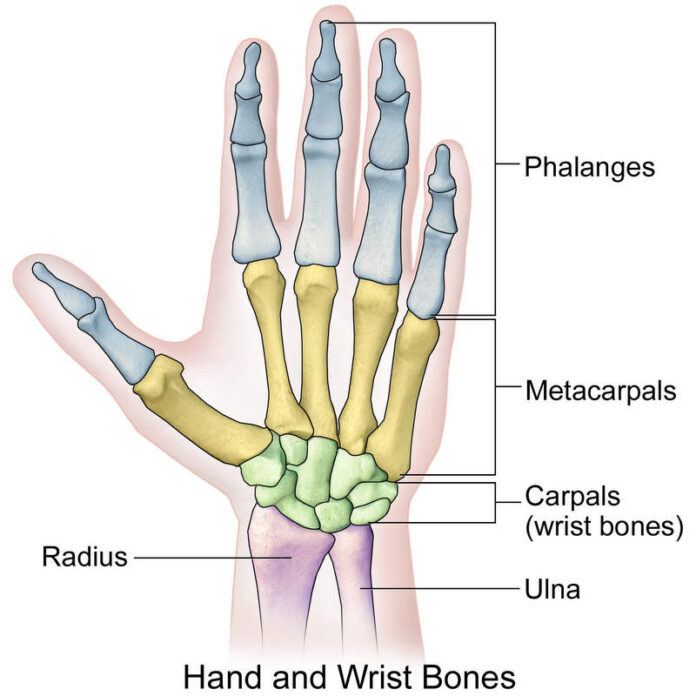Hand and finger disorders include ganglia, deformities, disorders related to nerves or blood vessels, osteoarthritis, trigger finger, Kienböck disease, and infections.
Some other disorders that affect the hands and fingers include fractures, other injuries, rheumatoid arthritis, tendinitis and tenosynovitis, De Quervain syndrome, Raynaud syndrome, finger clubbing, complex regional pain syndrome, and certain birth defects.
Hand and finger deformities
Hand and finger deformities include swan-neck deformity, boutonnière deformity, and Dupuytren contracture. These deformities may be caused by an injury or may result from another disorder (for example, rheumatoid arthritis).
Typically, doctors base the diagnosis of hand and finger deformities on an examination.
Deformities can sometimes be treated by splinting or exercises, but if the deformity has lasted for weeks or months, these treatments may be ineffective because scarring has developed. When splinting or exercises are not helpful, surgery may be needed.
Hand and finger infections
Human and animal bites can cause an infection of the hands (see Hand Infections Caused By Bites). Some other infections are felon, herpetic whitlow, hand abscess, infection of the tendon sheath, and paronychia (a bacterial infection of the skin around the fingernail) . Hand and finger infections can cause constant, intense, throbbing pain.
Doctors base the diagnosis of hand and finger infections on an examination and sometimes x-rays.
Most hand infections are treated with antibiotics taken by mouth or by vein and sometimes surgery.
Nerve compression syndromes of the hand
Carpal tunnel syndrome, cubital tunnel syndrome, and radial tunnel syndrome are nerve compression syndromes. In these disorders, something, usually bone or connective tissue, presses on a nerve, causing abnormalities of sensation, movement, or both. Symptoms of nerve compression syndromes include tingling, pain, loss of sensation, weakness, or a combination.
The diagnosis of nerve compression syndromes is suggested by the examination and can be confirmed by electromyography and nerve conduction studies.
In these syndromes, surgery may be necessary to relieve pressure on the nerve if symptoms are severe despite other treatments or if there is persistent loss of sensation or weakness.
Overview
This shorter article is extremely helpful by compiling most, if not all, of the disorders and diseases that can affect the hands. It also includes lots of resources for each of these ailments, for even more information collection. It is important to have a wide understanding of the many different situations that can arise from a disability.




